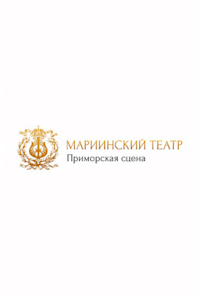Tsarskaya Nevesta (The Tsar's Bride), Rimsky-Korsakov
Comhroinn
Primorsky Stage of the Mariinsky Theatre (2017)
Faisnéis ón eagraíocht ealaíon (Fíoraithe ag Operabase)
The Tsar's Bride by Rimsky-Korsakov, Ó (2017/2017), Seoltóir Pavel Smelkov, Valery Gergiev, Primorsky Stage of the Mariinsky Theatre, Vladivostok, Russia
Léiritheoir
Conductor
Caitheadh
Vasily Stepanovich Sobakin
Grigory Grigoryevich Gryaznoy
(Grigory Gryaznoy)
Malyuta Skuratov
Ivan Sergeyevich Lykov
(Boyar Ivan Sergeyevich Likov)
Lyubasha
Yelisey Bomeliy
Domna Ivanovna Saburova
Dunyasha
Petrovna
Tsarsky Istopnik
(The Tsar's stoker)
Ionstraimíocht
Piano
Ensemble
Curfá
Tuilleadh eolais faoin gcumadóir
Tuilleadh eolais faoi obair cheoil



